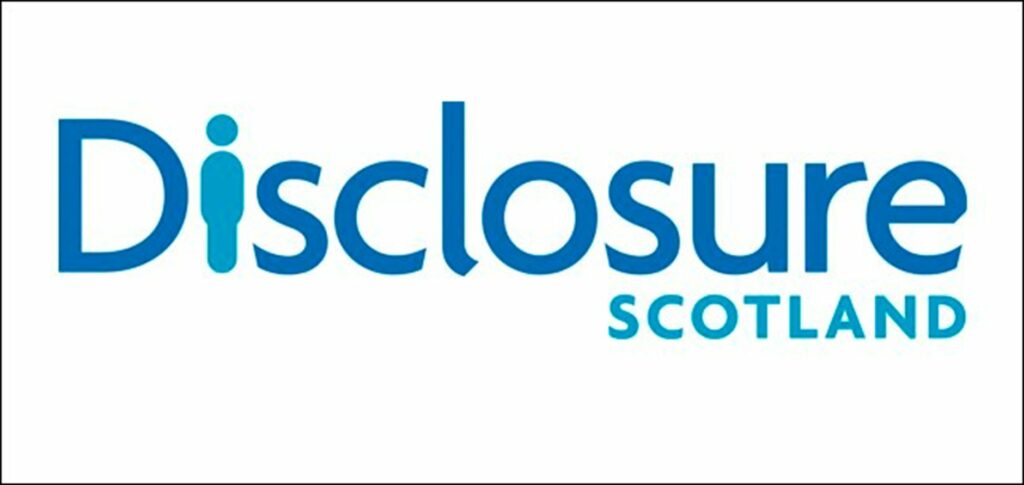Both Disclosure Scotland, and England and Wales’ Disclosure and Barring Service (DBS) recently announced that they will be changing how they carry out criminal record checks in the future.
There won’t be any immediate impact from the changes – how you request a check, and the report you receive, will appear the same. However, the updates are important and this post will keep you up to date with the latest changes.
The DBS and Disclosure Scotland are making changes to their processes, in accordance with recent legislative adjustments in their respective jurisdictions.
Let’s have a look at what exactly is changing.
England & Wales – DBS checks
.

Whilst the Basic DBS check has not been changed, the DBS have announced that they will alter the convictions that they report with their Standard and Enhanced DBS checks. They term this “filtering” of convictions.
The DBS has been filtering reports since 2013. For example, minor offences or those over a certain age may not be shown on a DBS disclosure. The DBS calls these protected offenses. However, these have been updated to include:
- Youth cautions, warnings and reprimands, which were previously disclosed automatically on a DBS check
- The DBS has removed the “multiple conviction rule”. This means that if a person has multiple convictions, no matter the offence or age, they will be examined against the rules individually. Previously, they were automatically disclosed.
Unless they’re a youth caution, there’s some offenses that will always show up on either a Standard or Enhanced DBS check. The DBS calls these “specified offences”. The purpose of this is to protect vulnerable groups such as children or the elderly, and they are most often more serious crimes of a violent or sexual nature.
If a conviction resulted in a custodial sentence, regardless of whether it was suspended or not, the DBS will always disclose it.
The DBS provides more information on the way filtering is changing here, as well as a list of specified offences here.

The Scottish government passed The Disclosure (Scotland) Act 2020 on the July 14th 2020. As such, Disclosure Scotland has also made a series of changes that came into effect on November 30th.
The goal of the new legislation is to continue providing protection to vulnerable groups such as children. However, it also aims to allow reformed people to move on from past mistakes and reintegrate with society.
Disclosure Scotland has not yet announced all of the upcoming changes. We will provide further updates as soon as we know. The aim of the changes announced so far is to create a more just system. This affects how previous convictions will be disclosed in their reports. So far, we know:
- For a variety of offences, Disclosure Scotland has reduced the amount of time that it is necessary for a job applicant to disclose these convictions. This may also apply in other situations. For example, insurance applications
- There have been changes to what criminal convictions people must disclose to employers
- If the offence occurred whilst the person was under 12-years-old, the information will only be disclosed in an Enhanced report. A PVG scheme record could also reveal it, but only if approved by an independent reviewer
These changes will not affect disclosure periods for serious convictions – anything that results in a prison sentence greater than four years. This also applies to certain professions. For example, fields like medicine or education, which are considered sensitive.
The Scottish government provide detailed information about the changes on their website:
- Self-disclosure of previous convictions and alternatives to prosecution: summary
- Self-disclosure of previous convictions and alternatives to prosecution: guidance
- Previous convictions and alternatives to prosecution: disclosure periods
For more general information, check the Disclosure Scotland website.
It is likely that secondary legislation, which the Scottish government has not yet drafted, will lower the number of checks available. Currently, there’s four main disclosure levels: Basic, Standard, Enhanced and PVG. It’s probable that the government will change these to two – Level 1 and Level 2.
Stay tuned for further updates as the legislature moves forward.

